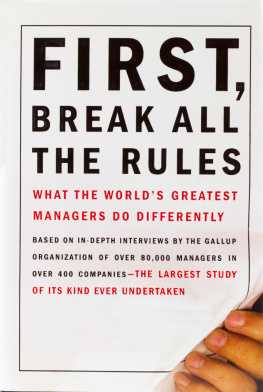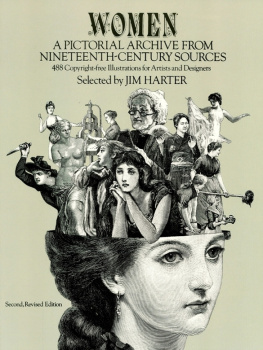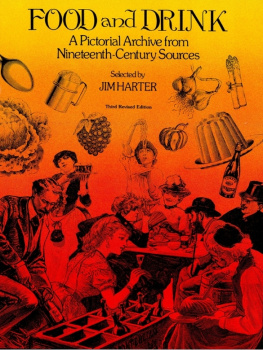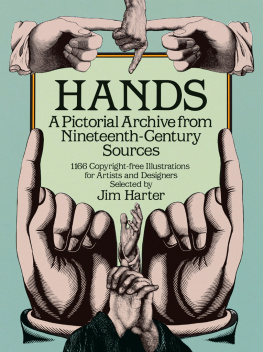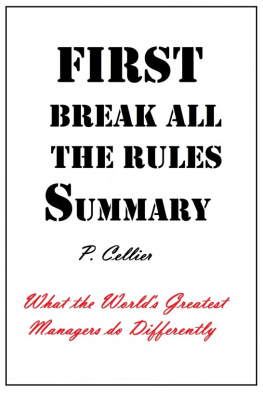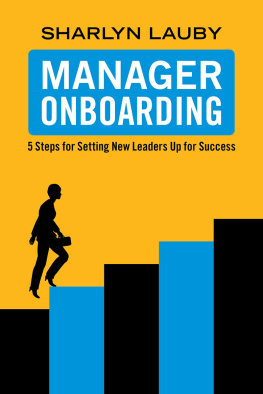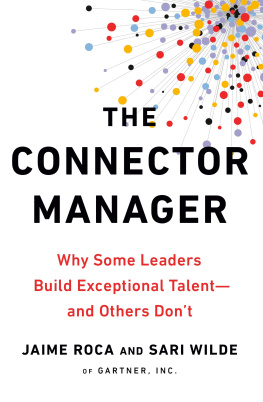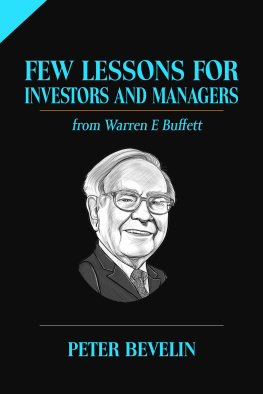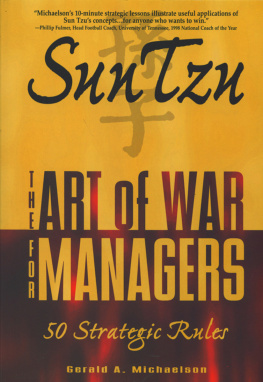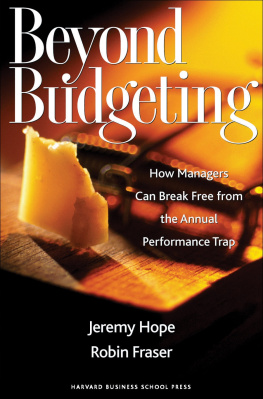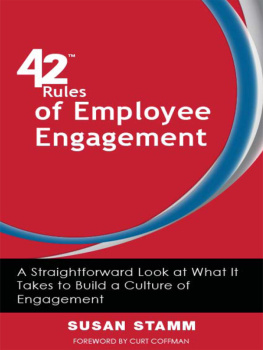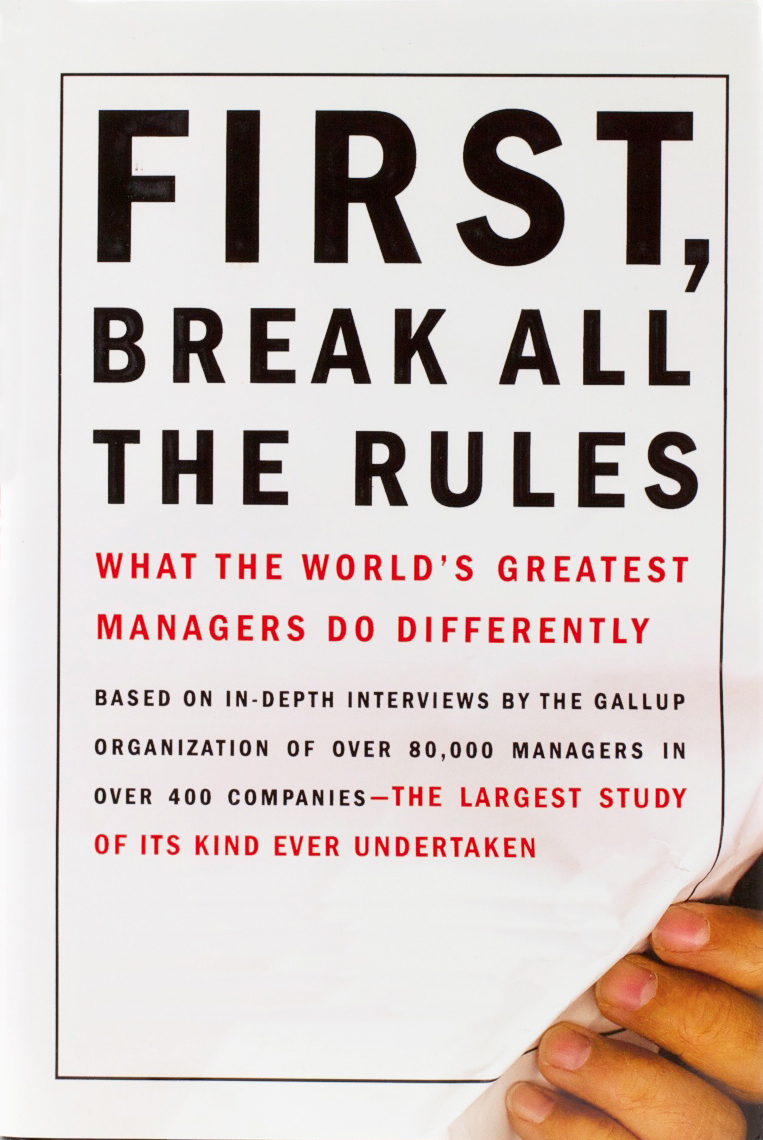Jim Harter - First, Break All The Rules: What the World’s Greatest Managers Do Differently
Here you can read online Jim Harter - First, Break All The Rules: What the World’s Greatest Managers Do Differently full text of the book (entire story) in english for free. Download pdf and epub, get meaning, cover and reviews about this ebook. year: 2016, publisher: Gallup Press, genre: Business. Description of the work, (preface) as well as reviews are available. Best literature library LitArk.com created for fans of good reading and offers a wide selection of genres:
Romance novel
Science fiction
Adventure
Detective
Science
History
Home and family
Prose
Art
Politics
Computer
Non-fiction
Religion
Business
Children
Humor
Choose a favorite category and find really read worthwhile books. Enjoy immersion in the world of imagination, feel the emotions of the characters or learn something new for yourself, make an fascinating discovery.
- Book:First, Break All The Rules: What the World’s Greatest Managers Do Differently
- Author:
- Publisher:Gallup Press
- Genre:
- Year:2016
- Rating:4 / 5
- Favourites:Add to favourites
- Your mark:
First, Break All The Rules: What the World’s Greatest Managers Do Differently: summary, description and annotation
We offer to read an annotation, description, summary or preface (depends on what the author of the book "First, Break All The Rules: What the World’s Greatest Managers Do Differently" wrote himself). If you haven't found the necessary information about the book — write in the comments, we will try to find it.
Included with this re-release of First, Break All the Rules: updated meta-analytic research and access to the Clifton StrengthsFinder assessment, which reveals peoples top themes of talent, and to Gallups Q12 employee engagement survey, the most effective measure of employee engagement and its impact on business outcomes.
What separates the greatest managers from all the rest?
They actually have vastly different styles and backgrounds. Yet despite their differences, great managers share one common trait: They dont hesitate to break virtually every rule held sacred by conventional wisdom. They dont believe that, with enough training, a person can achieve anything he sets his mind to. They dont try to help people overcome their weaknesses. And, yes, they even play favorites.
In this longtime management bestseller, Gallup presents the remarkable findings of its massive in-depth study of great managers. Some were in leadership positions. Others were front-line supervisors. Some were in Fortune 500 companies; others were key players in small, entrepreneurial firms. Whatever their circumstances, the managers who ultimately became the focus of Gallups research were those who excelled at turning each individual employees talent into high performance.
Gallup has found that the front-line manager is the key to attracting and retaining talented employees. This book explains how the best managers select an employee for talent rather than for skills or experience, set expectations, build on each persons unique strengths rather than trying to fix his or her weaknesses, and get the best performance out of their teams.
And perhaps most important, Gallups research produced the 12 simple statements that distinguish the strongest departments of a company from all the rest. First, Break All the Rules is the first book to present this essential measuring stick and to prove the link between employee opinions and productivity, profit, customer satisfaction and the rate of turnover.
First, Break All the Rules presents vital performance and career lessons for managers at every level and best of all, shows you how to apply them to your own situation.
Jim Harter: author's other books
Who wrote First, Break All The Rules: What the World’s Greatest Managers Do Differently? Find out the surname, the name of the author of the book and a list of all author's works by series.

